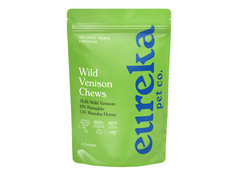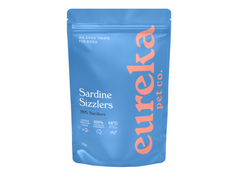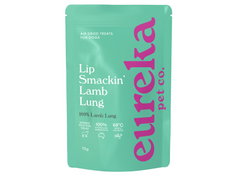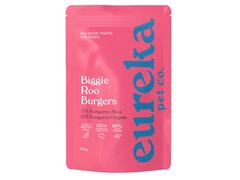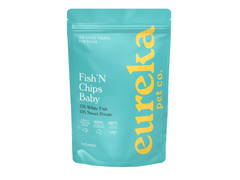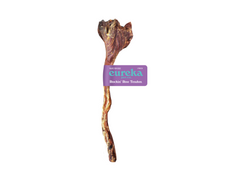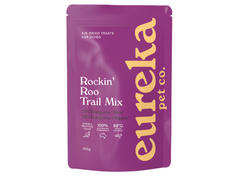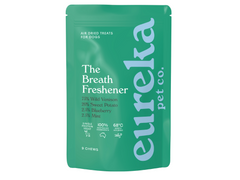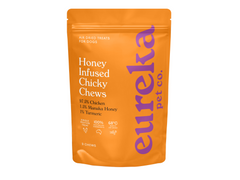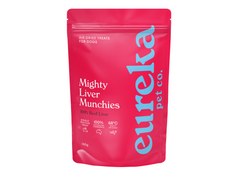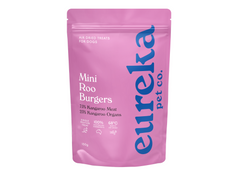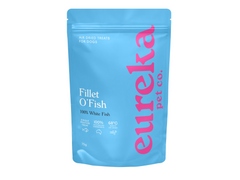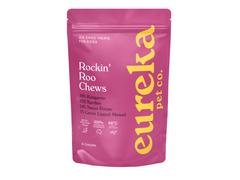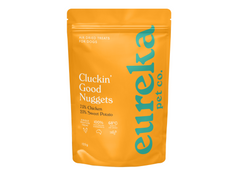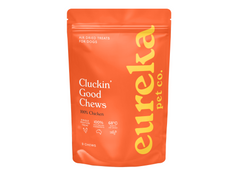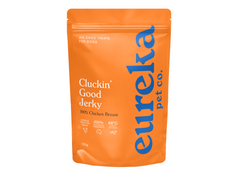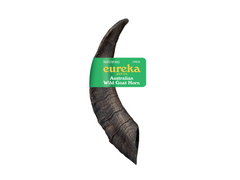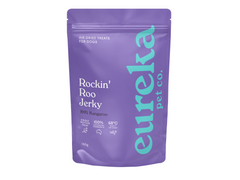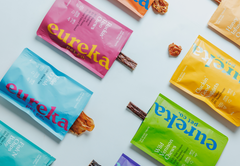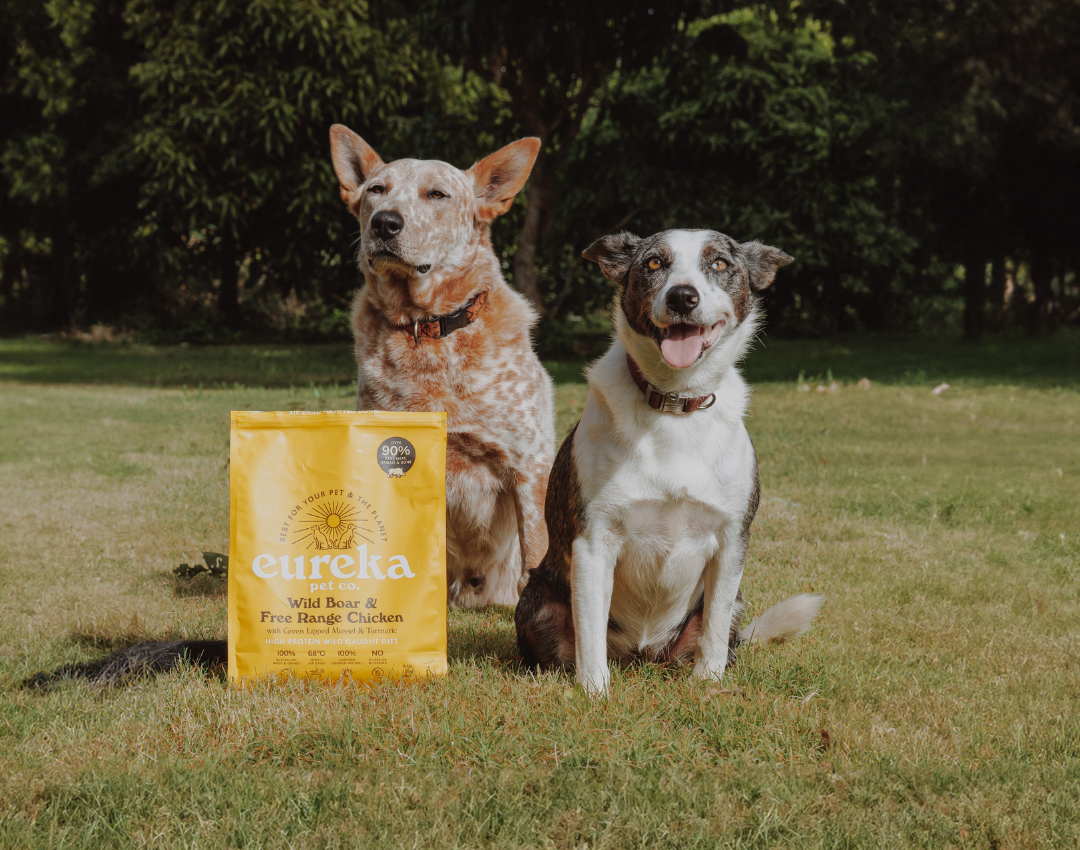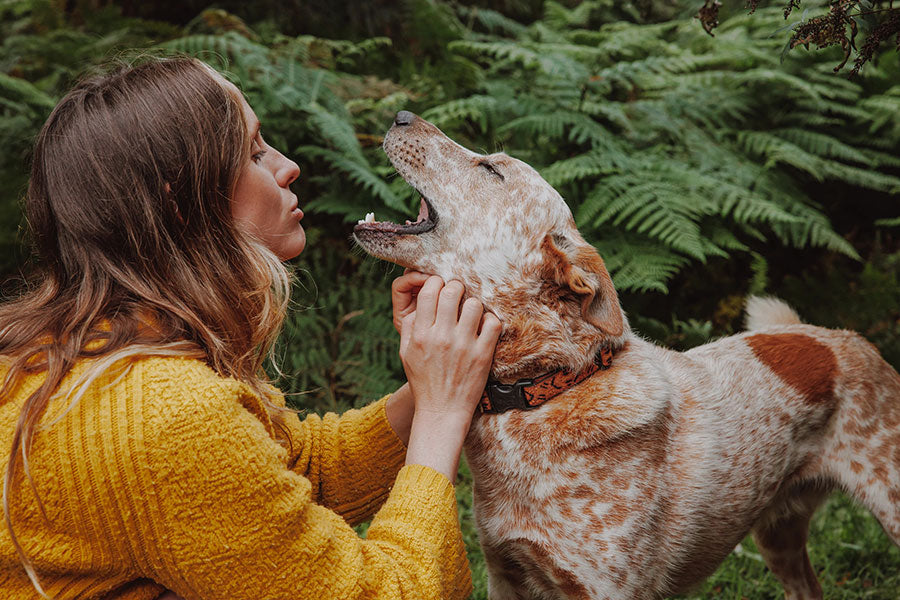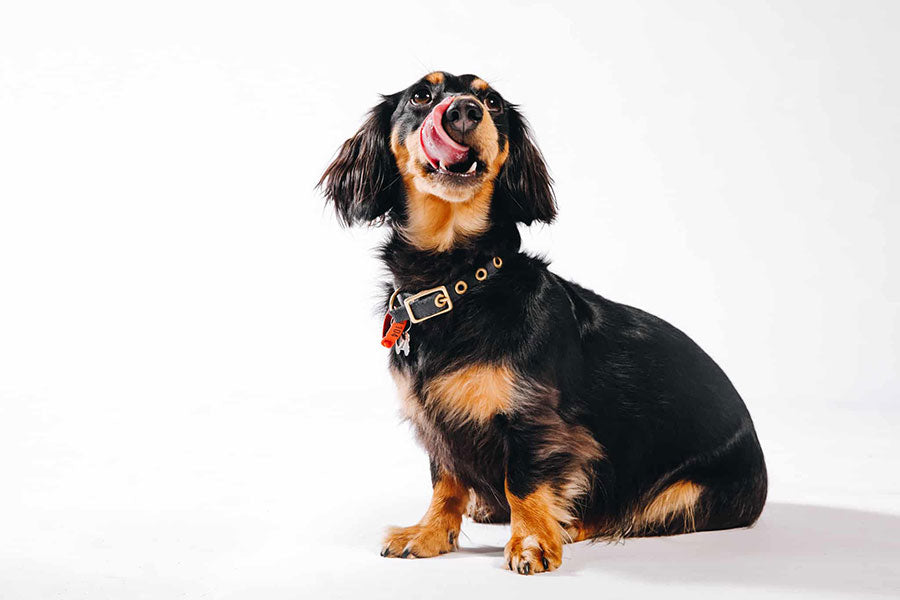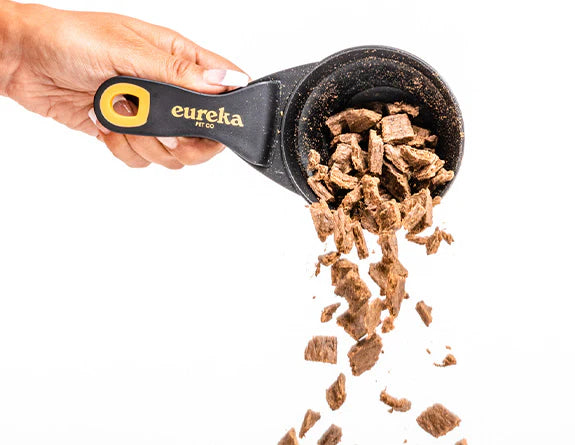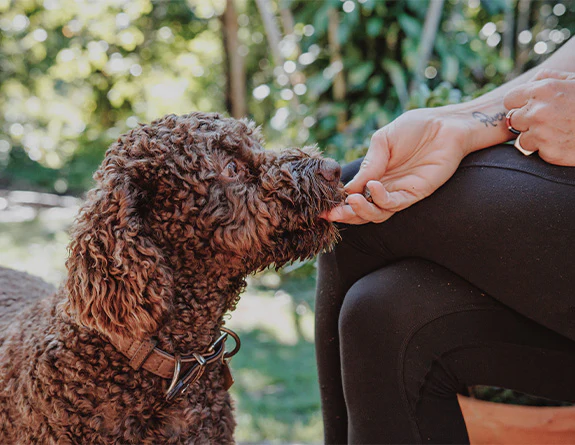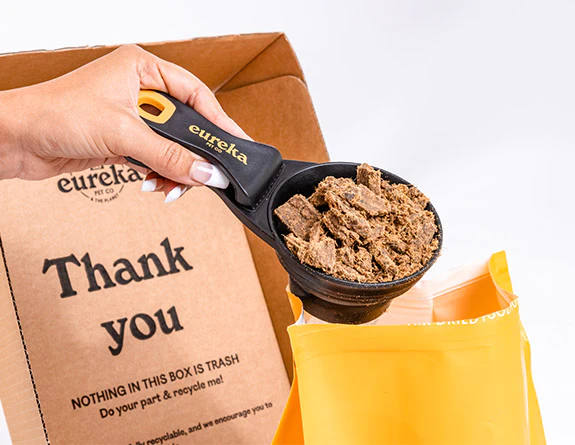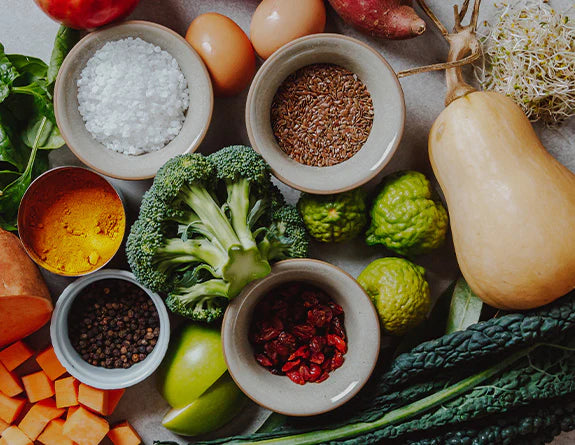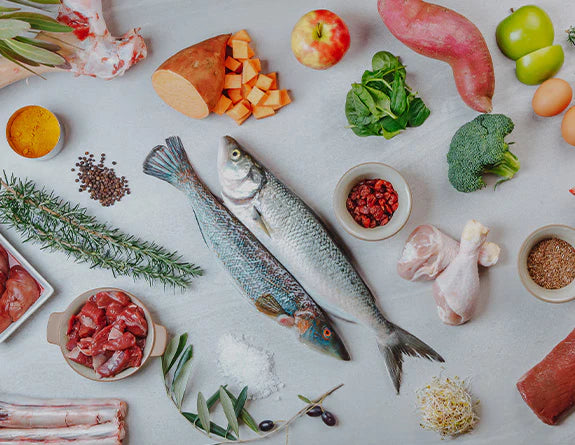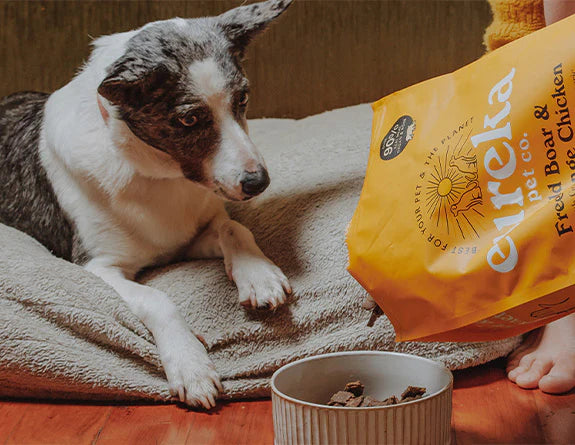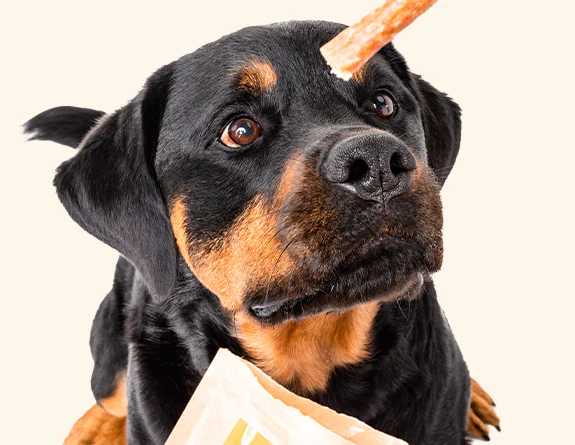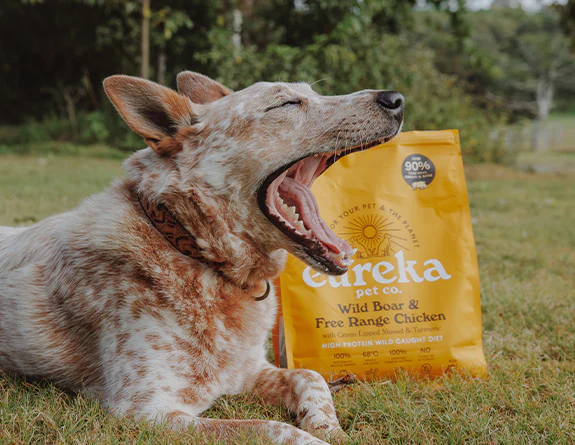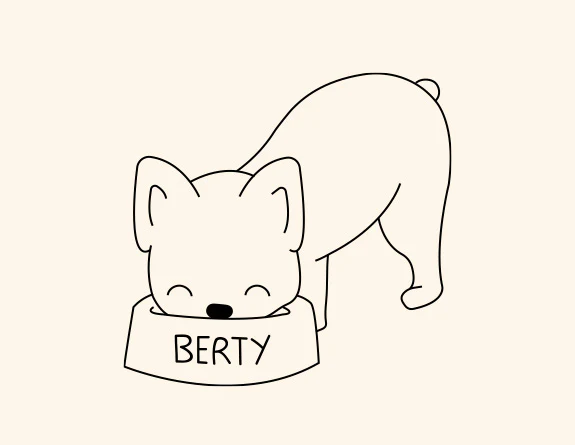How To Keep Your Dog’s Teeth Healthy, Naturally

Dive into your ultimate guide to preventing and keeping your dog’s teeth clean, healthy and pearly white.
Have you ever experienced a sore tooth? What about a bleeding gum or persistent swelling that just won’t go away?
You know how frustrating and uncomfortable dental problems can be. But did you know that your dogs can experience all of these same aches and pains too?
Being proactive about canine dental health is one of the best ways to help your best mate live a pain-free, joy-filled life.
But the research tells us that a whopping four out of five dogs over the age of three are navigating some kind of dental disease.

The good news is that with the right diet, nutrition and dog teeth cleaning schedule, you can keep their pearly whites clean and healthy while also keeping bad breath at bay.
Why canine dental health matters
Taking care of your dog’s teeth isn’t just about creating a bright, sparkling smile. Dental health is key to your pup’s overall wellbeing, helping them to eat, play and live a pain-free life.
Over time, dental plaque can easily build up in your dog’s mouth. These tacky deposits of bacteria are caused by a mix of salvia, leftover food and fluid which tend to collect around your dog’s teeth and gums. Not only are stains and discoloured teeth unsightly, but if left unchecked dental plaque can lead to more serious complications, such as a thing called periodontal disease.
When plaque accumulates on a dog’s teeth, it can mineralise to form calculus (also known as tartar) leading to inflammation and gingivitis. This bacteria can also trigger an immune response that can cause damage to the tissue surrounding your dog’s teeth.
Periodontal disease is super common, impacting 85% of pets over the age of three. It’s also easy to miss: even if your dog is experiencing discomfort, they’ll likely continue to eat and won’t show signs of pain until it becomes unbearable.
Periodontal disease is super common, impacting 85% of pets over the age of three. It’s also easy to miss: even if your dog is experiencing discomfort, they’ll likely continue to eat and won’t show signs of pain until it becomes unbearable.
But the longer plaque is left untreated, the more likely it is for further complications to occur, such as teeth loss and even bacteria entering your dog’s bloodstream or causing infections in the kidneys, heart and liver.
Prevention is always better than cure. That’s why it’s essential to learn how to keep your dog’s teeth looking and feeling their best with a healthy diet and proactive teeth cleaning.
What you need to know about your dog’s bad breath
Let’s face it: doggy breath is a real thing. But if you’re noticing a significant change in the smell of your dog’s breath, it’s worth investing.
One of the most common signs of dental disease in dogs is bad breath. There’s even a fancy term for it: halitosis (caused by excess plaque bacteria, tartar and even decomposing food).
Excess plaque and conditions like periodontal disease cause damage to your dog’s teeth and gums, causing strong odours and not-so-nice smells, too. If left untreated for extended periods of time, this damage can even become permanent and irreversible.
But there is a range of other reasons why you might notice your dog’s bad breath, such as underlying health conditions. Our tip? If you notice bad breath, take a trip to your local vet to get to the bottom of what’s going on.

Four natural ways to support healthy dog teeth
Ready to take care of your dog’s teeth and get their chompers looking their best? Here are four simple ways you can be proactive about your dog’s oral health:
- Brush your dog’s teeth regularly: dog teeth cleaning might sound intimidating, but the earlier you start the easier it will be in the long run. Grab a doggy toothbrush from your local pet store and look for a meat-flavoured toothpaste that won’t upset their stomach. Take it slow, make it a positive experience and work your way up to a daily brushing schedule.
- Use raw bones and premium dental chews: not only do chews and bones offer mental stimulation for your dog, but they do a great job of naturally cleaning their teeth, too. Avoid giving dental chews to young puppies (wait until they reach the six-month mark) and make sure to supervise your dog when chewing meaty bones.
- Visit your vet for professional dental cleans: most vets offer dental checks and professional treatments to deep clean their teeth. The vet will likely place your pet under anaesethesia to keep your dog calm and safe before removing tartar and polishing their teeth using specialised products and cleaning paste.
- Feed your dog a high-quality, high-protein diet: give your pup the best chance of healthy teeth with a high protein, digestive care focused diet to keep them fuelled for all of their adventures.
Looking for nutrient-dense dog food designed with dental health and overall wellbeing in mind? Eureka’s three high-protein recipes are air-dried to lock in all the goodness (without any nasty fillers or bad ingredients included).
We give you total control to customise and choose your recipe to suit your best mate’s weight, activity level and body condition. All of our recipes are made right here in Oz using 90% premium wild proteins.
What are you waiting for? Build a bowl and get started.
